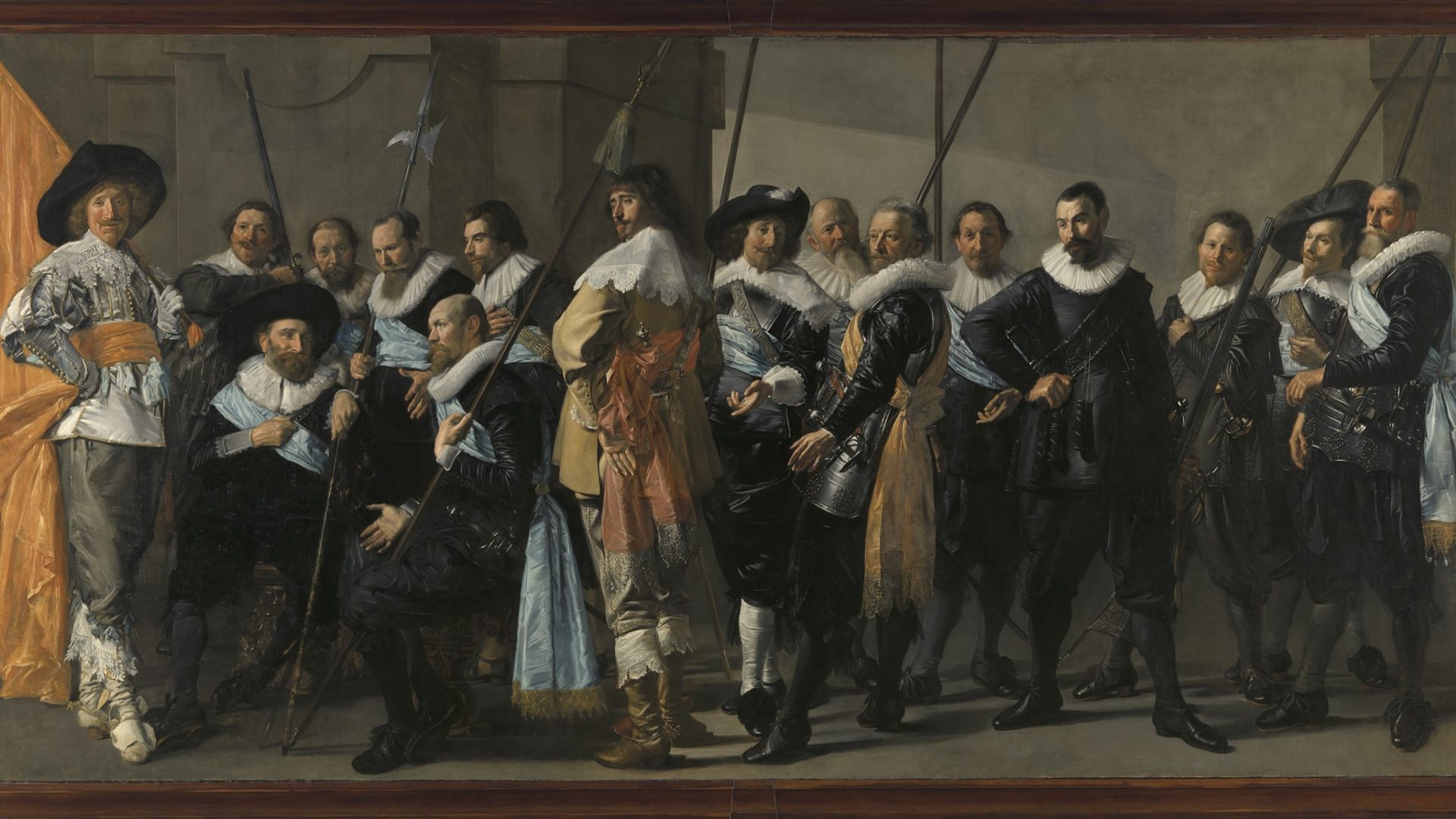Hair is a peculiar thing. To borrow Phoebe Waller-Bridge’s tribute to millennial feminism in Fleabag, it’s the difference between a good day and bad, a symbol of fertility and a sign of power. We wish we didn’t care about it but, sadly, it is indeed everything. When we first meet Gita Burano, the heroine of Infamia (Infamy), she’s shaving hers off.
This opening scene of Netflix’s new eight-part Polish drama is a flash-forward that reveals the consequences of 17-year-old Gita, played exquisitely by Zofia Jastrzębska, having her life uprooted. Exiled to a trailer park in Wales because of their father Marko’s gambling debts and the shame they brought on the family, the Buranos are now going home to their native Poland to move back in with their Romany relatives.
This return, however, comes at a cost. It is agreed that Gita, the eldest daughter, will be married off to “strengthen family business” (code for repaying Marko’s 100,000 zł debt). She is kept in the dark about her upcoming nuptials.
At first, Gita refuses to make the journey. After all, as she taunts Marko (Sebastian Łach), soon she will be 18 and free to make her own choices. When later that evening she does flee, we get a calmer reunion scene between father and daughter in which he grants her permission to stay.
This feels less like a genuine change of heart and more like an opportunity to guilt-trip a justly naive Gita into going to Poland with the family, where her destiny awaits. Yet does some part of Marko want his daughter to remain within the safety of the Welsh border? He knows the fate that awaits the 17-year-old once they leave, while she remains in blissful adolescent ignorance.
In Poland, Gita is a stranger in the family’s Romany home, just as she is to their traditions and customs. Her mother, Viola (Magdalena Czerwińska), attempts to guide her but she’s often met with resistance that’s more prompted by Gita’s age rather than her heritage. Chided for wearing trousers (“Romany women wear skirts”), her heavy makeup (“Romany women are naturally beautiful”) and her vegetarian diet (“can’t she eat chicken? Chicken’s not really meat”), she finds the cultural principles of Romanipen foreign as she does its endorsement of traditional gender roles.
One evening, the family welcomes a Czech businessman and his son, Janko (Josef Fečo) for supper. Janko, unbeknown to Gita, is also her fiancé and as wooing goes, instructing her to fetch him a drink doesn’t go down too well with his bride-to-be. Janko does receive his juice, but not before Gita spits in it.
Life in Wales has shielded Gita from the racism the Roma community faces but, soon enough, her new high school offers a crash course. When she enrols, her teacher is bemused, citing that it is not a privilege most Romany families permit. Gita, leaning forward and speaking softly in Romany, retorts: “Why don’t you lick my grandma’s arse?”. Today’s teens, eh?
Once admitted, she hears cries of “Gypsy” in the corridors and her headscarf is pulled by one teenage girl, who tells her to go back to Romania. Still, Gita forges friendships amid the cruelty and even finds a confidant in Eliza, a fellow student with a staunchly Catholic mother and a xenophobic boyfriend.
Gita has plans other than the ones made for her. She wants to rap, apply for college and, above all, the freedom to fall in love with Tagar (Kamil Piotrowski), a Romany boy who threatens to disrupt the arranged marriage. As the life she doesn’t want continues full steam ahead, complete with visits to her future husband and her father’s continued betting problems, she strives to create a path of her own.
Domestic tensions are not the only ones to haunt Infamy’s script. At the kitchen table, Eliza’s mother asks where Gita is from and when told “Wales”, she tuts and muses “Brexit”, as if it offers an explanation for Gita’s presence. “Ah yes, terrible situation for the whole country,” replies Gita sarcastically. Eliza’s mother is unaware that leaving the European Union is no match for unwillingly leaving your adolescence at the altar.
Which brings us to the scene where Gita takes a pair of clippers to her locks. Tears smudging her dark makeup and marking her traditional Roma wedding dress, she is far from a blushing bride. Accompanying her act of defiance is a choral cover of Aqua’s Barbie Girl. As she begins to shave, the choir sings: “Dress me up, make it tight, I’m your dolly”. A few moments later, the last few clumps of hair falling to the floor are heralded by the lyrics “You can brush my hair, undress me everywhere”.
Ordinarily, I find scenes like this hard to watch and skip through them – seeing my mother slowly lose her hair after chemotherapy was enough for a lifetime. This time, however, the beauty of the scene caught me off guard.
Gita is no Barbie girl and she’s certainly not living in a Barbie world. Nor is she the perfect Roma girl, as touted by her uncle, living in a Roma world. She’s Roma, Polish and from Wales. She’s a teenager and a woman, a rapper and a folk singer simultaneously. Essentially, she’s determined to be herself – and the price of that is infamy.




